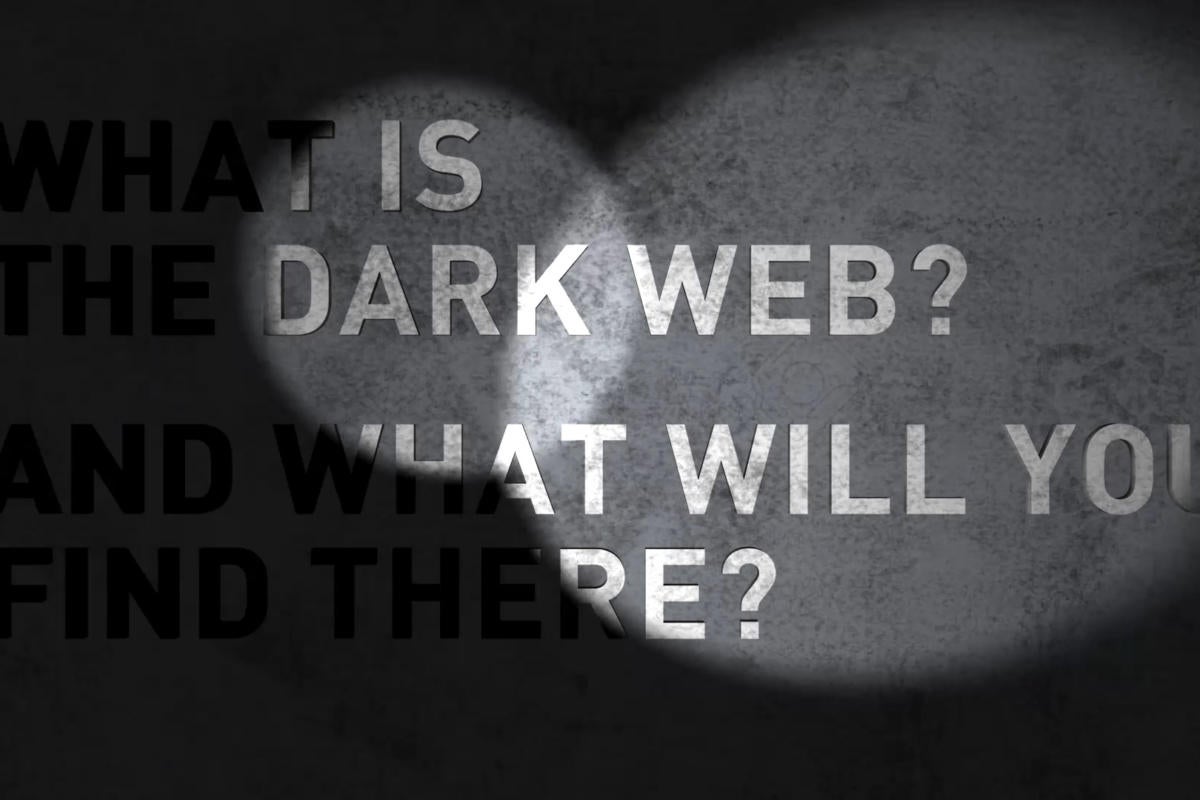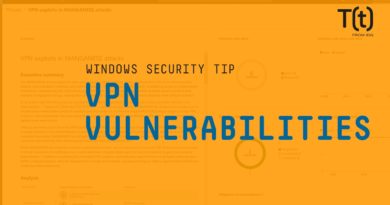What is the dark web? And what will you find there?

The dark web may sound ominous, but it’s really a catch-all term for the part of the internet that isn’t indexed by search engines. Stay tuned for a guided tour of the web’s less mainstream regions.
To access the dark web, you’ll need to use an anonymizing browser called Tor.
Tor Browser gives you access to .onion websites that are only available within the Tor network. For most people, using Tor Browser is as simple as downloading it and running it, the same way you’d download Chrome or Firefox.
Finding those .onion websites is the next challenge.
Searching for dark websites isn’t as easy as using Google — the point is to be somewhat secretive, after all — but there are ways to find out what’s there. For example, link lists to dark websites are available on the open web, but those quickly become out of date as new sites are constantly being spun up and others taken down.
This screenshot, provided by Radware security researcher Daniel Smith, is the product of scripts that search for new onions.
Much of what you’ll find on the dark web gives it its shadowy reputation.
Researchers Daniel Moore and Thomas Rid of King’s College in London classified the contents of thousands of live dark websites over a five-week period a few years ago and found that the majority of dark websites are used for criminal activities, primarily drugs and finance, including money laundering and trade in stolen credentials.
Here, for example, a small-time online retailer peddles prescription drugs.
There is also a market for specific niche products, like skimmer devices that grab your bank account data.
Of course, not everything on the dark web is nefarious or illegal. For example, The New York Times has an onion site, as does Facebook. These sites cater to people in countries that censor the open internet.
Which brings us to our last point. The Tor network began as an anonymous communications channel, and it still serves a valuable purpose in helping people communicate in environments that are hostile to free speech. For example, in 2015, in the wake of the Chinese government cracking down on VPN connections through the so-called “great firewall,” Chinese-language discussions started popping up on the darknet — mostly full of people who just wanted to talk to one another in peace.
READ MORE HERE


